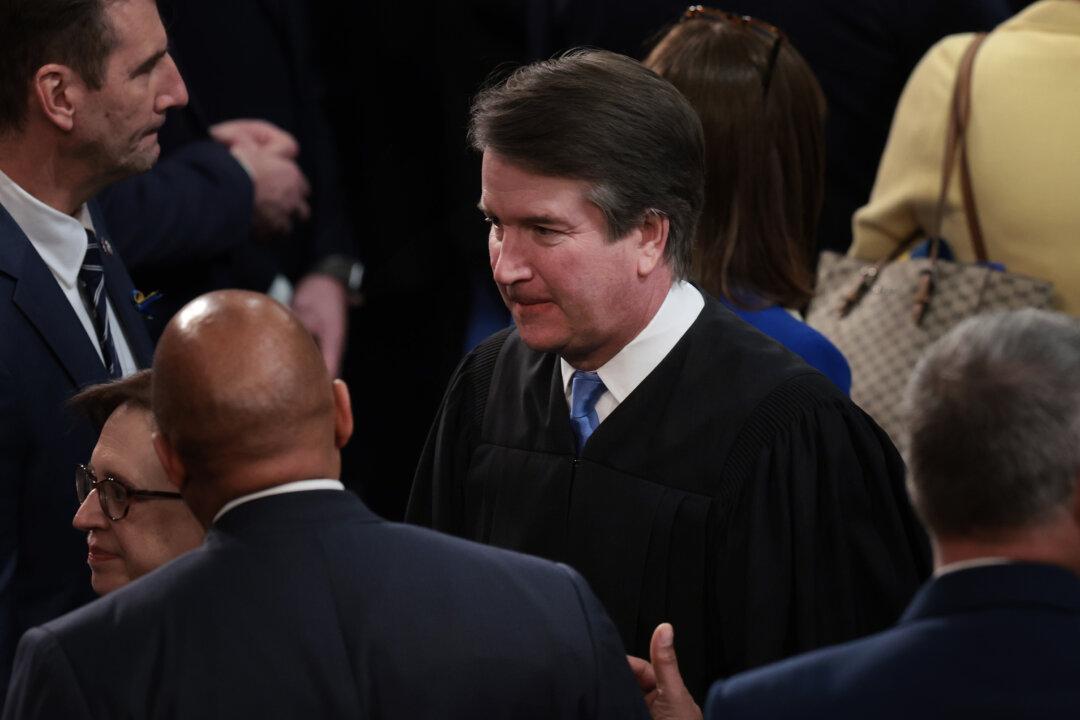The Supreme Court left in place a lower court ruling that struck down a speeding ticket against a member of an Indian tribe in Oklahoma who argued a local government lacked the legal authority to prosecute him because of his membership in a federally recognized tribe.
Although the underlying offense at issue in the case—a speeding charge—is minor, if the Supreme Court had agreed to formally review the decision by the U.S. Court of Appeals for the 10th Circuit, there could eventually have been larger ramifications for law enforcement in Oklahoma, and perhaps in other states that have Indian reservations.





